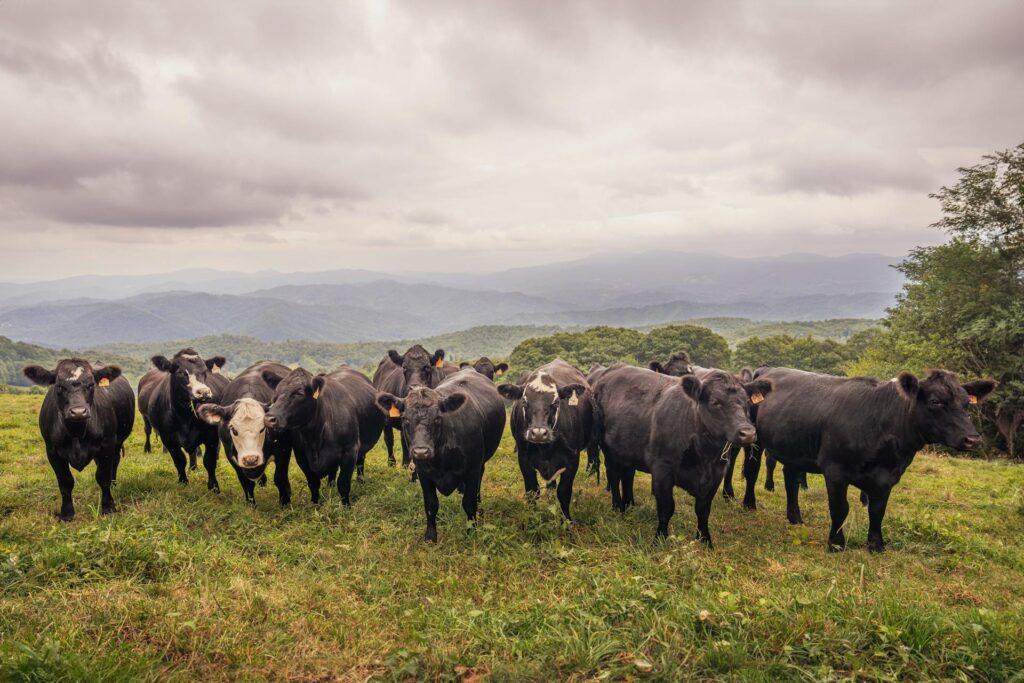Sustainable Cattle Farming Practices in Southern Africa: A Zimbabwean Perspective
As the world grapples with the challenges of climate change and environmental degradation, sustainable farming practices have become increasingly important. In southern Africa, where cattle farming is a significant contributor to greenhouse gas emissions, adopting sustainable methods is crucial.
In Zimbabwe, farmers are turning to innovative approaches such as rotational grazing and integrated livestock production systems to reduce their environmental footprint. These methods not only promote soil health and biodiversity but also improve the overall productivity of farms.

Rotational grazing involves moving cattle to different pastures to allow for regrowth and reduce soil erosion. This approach has been shown to improve soil health, increase biodiversity, and reduce the need for synthetic fertilizers. Integrated livestock production systems, on the other hand, involve combining livestock production with crop production to create a more diverse and resilient farming system.
Furthermore, Zimbabwean farmers are exploring the potential of drought-tolerant breeds, such as the indigenous Mashona and Tswana breeds, which are better suited to the region’s unpredictable climate. These breeds are not only more resilient to drought but also require less feed and water, making them a more sustainable option.
Another approach being explored is agroforestry, which involves integrating trees into farming systems to promote ecological interactions and synergies. Agroforestry has been shown to improve soil health, increase biodiversity, and reduce the need for synthetic fertilizers.
In addition to these approaches, Zimbabwean farmers are also adopting technology to improve the sustainability of their operations. This includes the use of mobile apps to monitor weather patterns and soil health, as well as the adoption of renewable energy sources such as solar power.
The adoption of sustainable cattle farming practices in Zimbabwe is not only good for the environment but also makes business sense. Sustainable farming practices can improve the productivity and resilience of farms, reducing the risk of crop failures and improving farmers’ livelihoods.
Overall, Zimbabwe has the potential to become a leader in sustainable cattle farming practices in southern Africa. By adopting innovative approaches and technologies, farmers can reduce their environmental footprint while improving their productivity and resilience.
